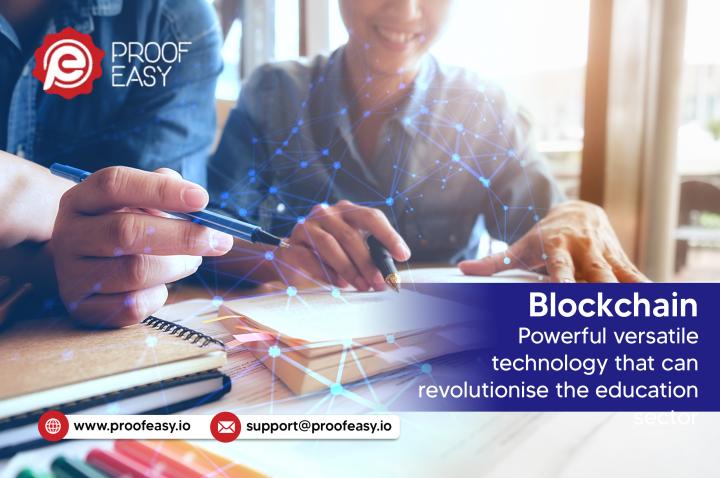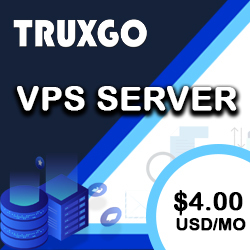Categories
Tags
-
#security
#blockchain technology
#secure qr code integration
#encrypted qr code
#secured document
#blocklchain
#Blockchain secure documents
#blockchain secure qr code
#blockchain secure qr code integration
#Blockchain verification
#secure blockchain
#tamper-proof
#document authentication qr code
#educational certificate
#document security
#blockchain encrypted document
#e-certificate blockchain verification
Archives
Recent Videos
Let's talk!
Opportunities that education can explore with blockchain
-
Posted by Aliasgar Abbasbhai Filed in Technology #blockchain technology #educational certificate #document security 152 views
There are many opportunities to implement blockchain technology in the education industry. Digitalization and decentralisation of academic certificates are the key benefits to achieve from blockchain technology. It can help in enhancing and motivating lifelong learning of pupils, though a few challenges are also faced while implementing this technology. More education institutions are embracing blockchain-based education processes for streamlining the learning process. From this system, universities, teachers and students can get benefits. Education institutes can gain collective value through blockchain applications. With a certificate validation QR code, you can validate your confidential certificates in a few seconds.

What is blockchain technology?
Blockchain is a decentralised and immutable database. It is a chain in the form of "blocks" that stores information like date, time, and amount of transactions along with participants. There are three types of blockchains: a) Public blockchain b) Private blockchain c) Permissioned blockchain.
Should blockchain be deployed in the education sector?
Yes, organisations must unfurl the features and get opportunities by utilising blockchain technology in the education industry. Many researchers claim usage of blockchain can streamline processes of learning as well as teaching. Some of the major dimensions are:
- a) Offers transparency and trust
Blockchain technology guarantees that pupils can not change or alter their degrees, grades and certificates. It provides employers with the confirmation that job seekers have the necessary skills for succeeding in the office. Blockchain becomes the "reliable and trust anchor" for your sensitive educational certificates. If speaking in terms of great lengths, blockchain supports learning and at the same time secures your valuable academic records.
- b) Provides utmost security
It is vital to unleash the potentiality of blockchain's features - security, identity, data integrity and privacy of pupil's data. This technology provides a great amount of security and lets users validate documents by guaranteeing immutability via a hash mechanism. Blockchain-powered applications can streamline the verification of documents and offer quick & reliable student payments. All these applications can save time and costs for educational institutes ending up with individual learners.
- c) Empower learners
Blockchain can empower learners. Credentials associated with pupils' identity are not owned by any central administrator like the university but by pupils.
What are some of the potential applications of blockchain in the education sector?
There are many applications of blockchain technology in the education industry. Some of them are:
>Identity and record management
> Certificates Management
> Smart Contracts
> Facilitating accreditation
> Enhancing "publishing" process
Are there any challenges to implementing blockchain technology in the education sector?
There are a few challenges to implementing blockchain technology in the education industry. First is the legal challenge faced by some organisations. The second one is the expandability issue.
The future vision of blockchain
It will be worth witnessing how blockchain will be perceived in future in education institutions as one of the innovative technologies offering vital value throughout a varied range of educational processes.
In conclusion, we will be happy to state overall the features of blockchain technology can ensure privacy, transparency and security which is necessary for people in this digital era. The education industry is facing challenges of forgery related to educational certificates. Blockchain can be helpful in every way.


